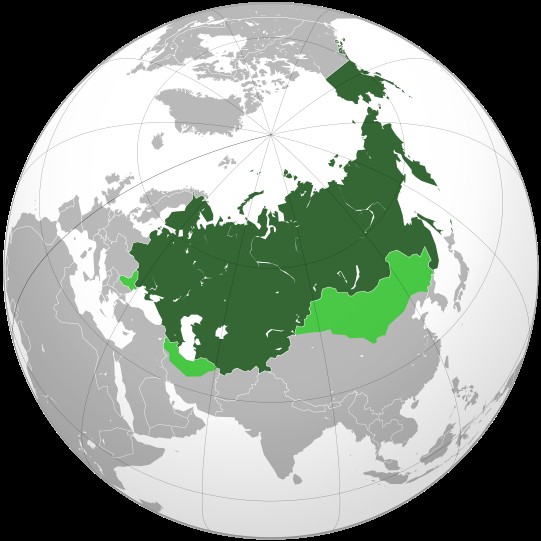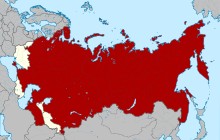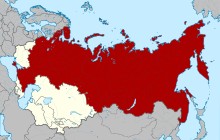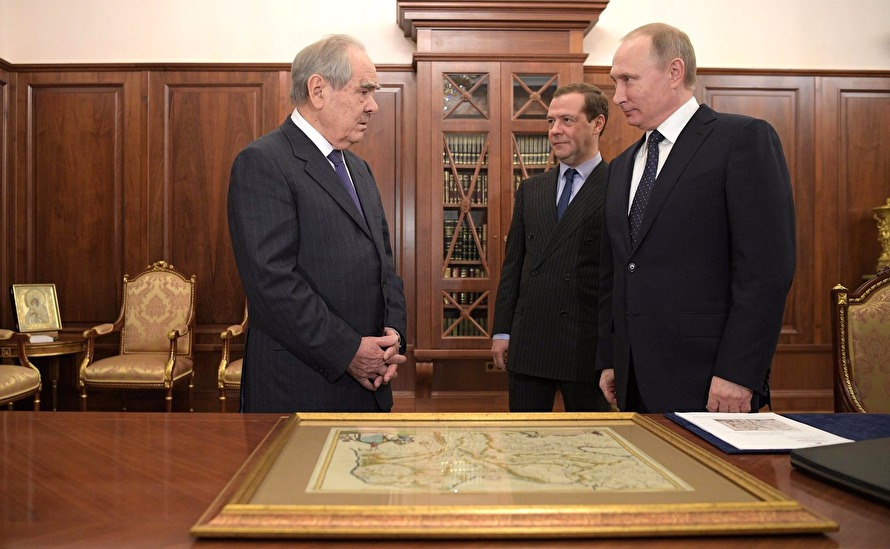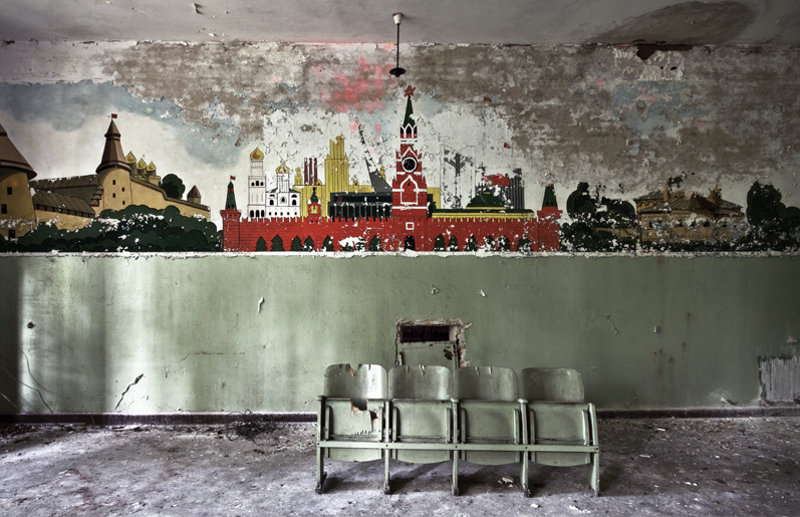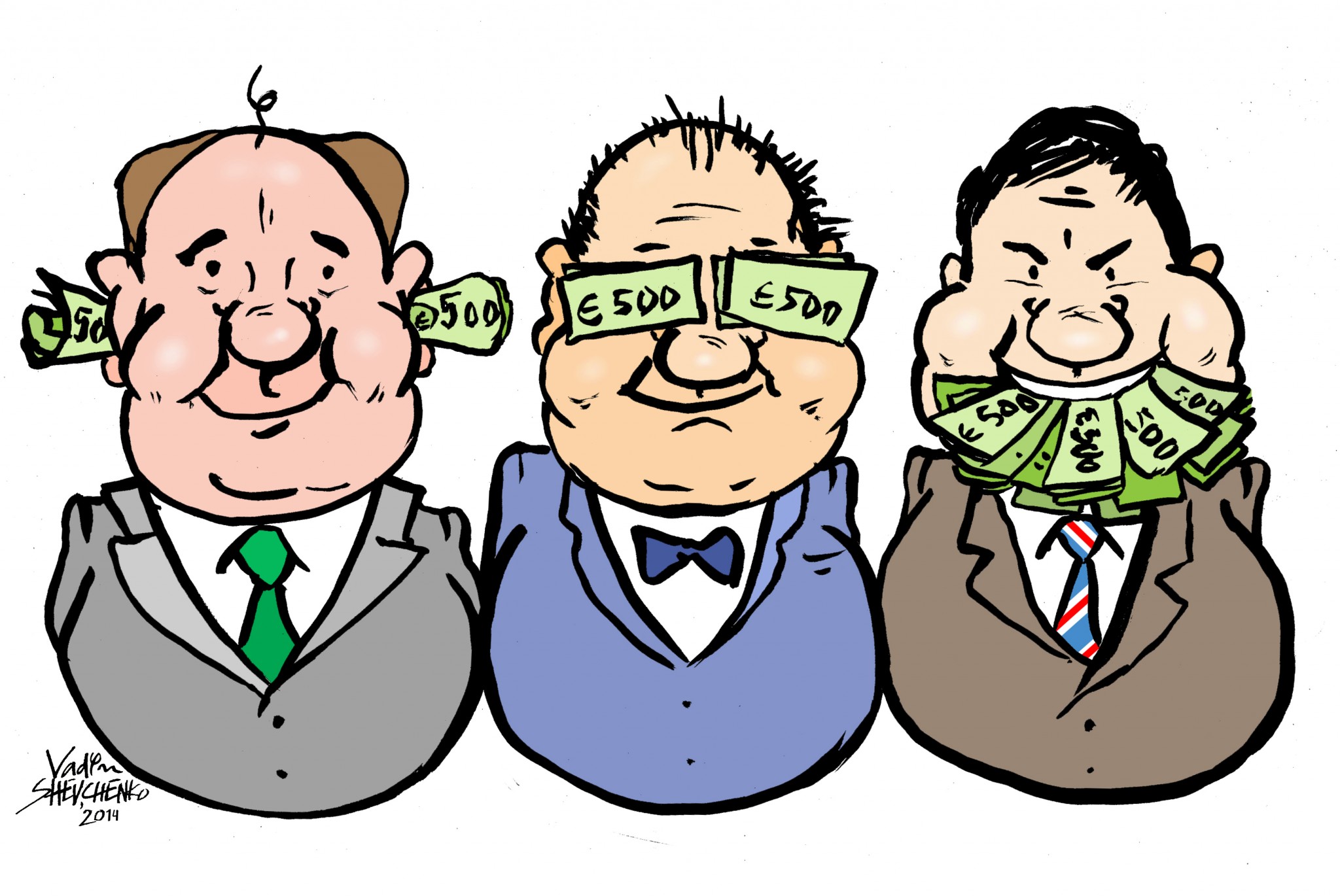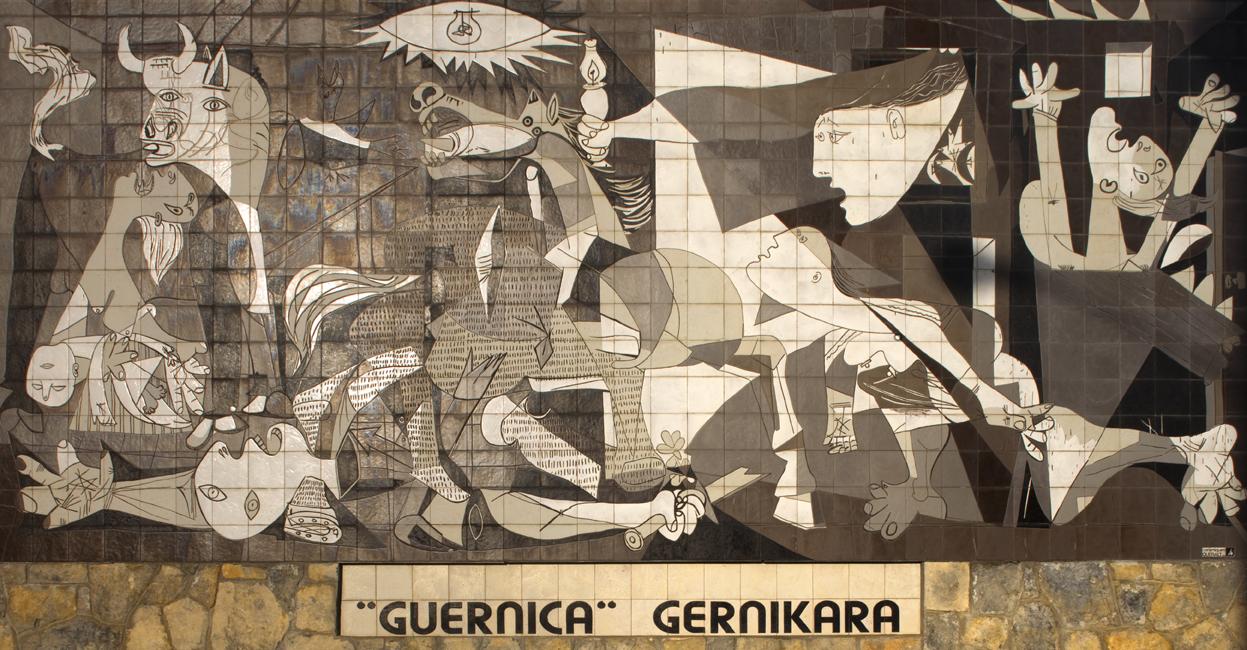Moscow officials frequently suggest that the former Soviet republics are “failed states,” implying that the Russian Federation is a “real” one. But just the reverse is the case, and the roots of Moscow’s aggression now are to be found in the fact that the RSFSR never became a state in the ways the others did, according to Valery Portnikov
.
“Historically,” the Kyiv analyst points out, “the RSFSR, which is precisely the so-called territory which proclaimed its sovereignty in 1991 was only a part of the enormous Russian Empire and then of the democratic Russia which was destroyed by the Bolsheviks.”
Indeed, he suggests, the RSFSR from the outset was “the territory on which the Bolshevik dictatorship was formed.” Poland, Finland, Ukraine, Belarus, Latvia, Lithuania, Estonia, Georgia, Armenia, Azerbaijan and others refused to recognize Lenin’s power and declared their independence.”
As a result, “the first and main function of the RSFSR was aggression against the free peoples of the former empire,” Portnikov says.
“The new empire was restored already in 1922 under the name ‘Soviet Union,’” and “in this empire, the RSFSR unlike the other union republics did not become a state” but did “remain a territory of permanent aggression,” Portnikov argues.
The RSFSR did not have all the attributes of statehood that the others were given. Most importantly, it did not have “its own Communist Party.” That appeared only during Gorbachev’s perestroika
. Before then, the CPSU ran the RSFSR directly rather than indirectly through a republic party organization.
According to Portnikov, this “was not a matter of any lack of respect.” Instead, it reflected Moscow’s vision of the RSFSR “as a gigantic military base responsible for uniting the territory of a big country that the communists had come to dominate.”
The chance that the RSFSR could become “a real state appeared quite by accident – thanks to the fight within the apparat between Mikhail Gorbachev and Boris Yeltsin and the harsh struggle between the CPSU Central Committee and the KGB
,” a fight in which “the Chekists bet on the Russian Federation.”
After the failure of the August coup, he continues, “the RSFSR little by little was transformed into a real state – and this happened in the first instance as a result of the rejection by Russians of their earlier role as oppressors of other peoples.”
This act of “state building, the first such attempt in the history of the Russian people,” unfortunately turned out to be “not very successful.” First, Moscow renewed its fight against the sovereignty of the other peoples of the Federation and then “it shifted to its customary task of being ‘the gatherer of [other] lands.’”
That is reflected in Moscow’s various moves: the union state with Belarus, the Eurasian Economic Community, the Eurasian Economic Union, the occupation of Abhazia and South Osetia, the occupation of Crimea, and [now] open aggression against Ukraine,” Portnikov says.
As a result, the Russian Federation now like the RSFSR before it is “not a country but rather a territory of aggression” against others. Neither the Russian powers that be nor the Russian people have “any positive program of state construction” beyond aggression. And consequently one must view with regret the Russian Federation as a failed state.”

